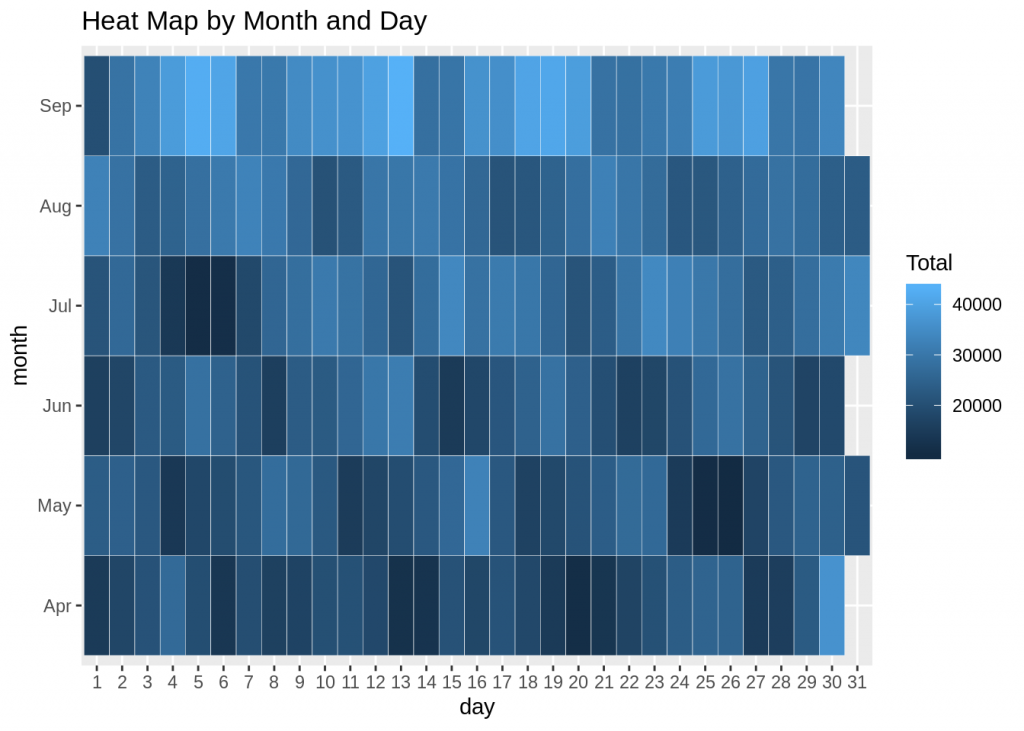

DPLYR SUMMARIZE 3 COLUMNS IN R MOD
#> # A tibble: 3 × 2 #> # Groups: cyl #> cyl rsq #> #> 1 4 0.509 #> 2 6 0.465 #> 3 8 0.423 mods %>% summarise ( broom :: glance ( mod ) ) #> `summarise()` has grouped output by 'cyl'. The scoped variants of summarise () make it easy to apply the same transformation to multiple variables. You can override using the #> `.groups` argument. This function reorders the data based on specified columns. Sometimes you might want to compute some summary statistics like mean/median or some other thing on multiple columns. fdf <- filter(hflightsdf, Month 1, UniqueCarrier AA) fdf arrange. arrange () changes the ordering of the rows. summarise () reduces multiple values down to a single summary. filter () picks cases based on their values. You can override using the #> `.groups` argument. dplyr’s groupby () function lets you group a dataframe by one or more variables and compute summary statistics on the other variables in a dataframe using summarize function. dplyr is a grammar of data manipulation, providing a consistent set of verbs that help you solve the most common data manipulation challenges: select () picks variables based on their names. Mods %>% summarise (rmse = sqrt ( mean ( ( pred - data $ mpg ) ^ 2 ) ) ) #> `summarise()` has grouped output by 'cyl'.


 0 kommentar(er)
0 kommentar(er)
